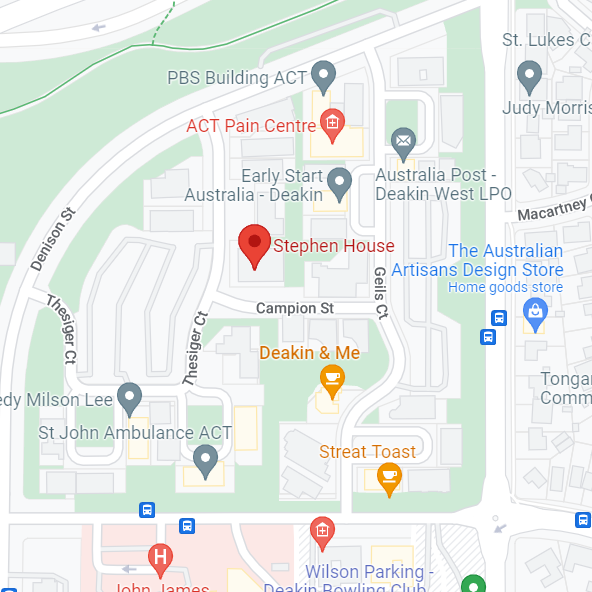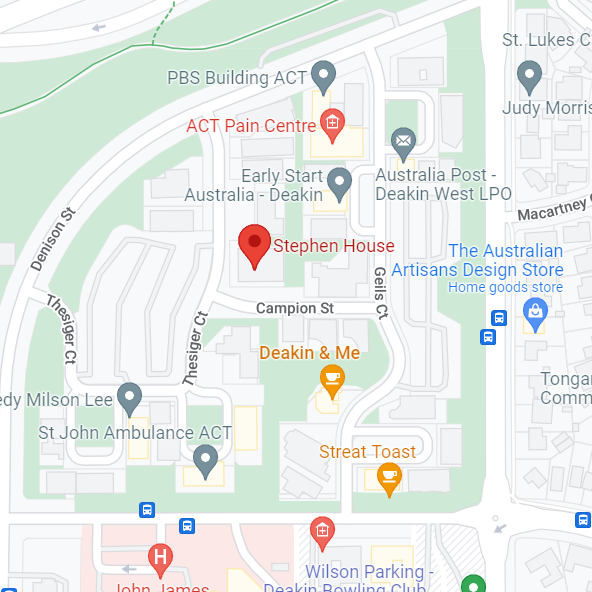Event Details
In 2019, the Chinese authority launched a new communication and networking platform for CCP cadres: the app, called 'Study (Xi) and Strengthen the Country' (Xue Xi Qiang Guo, 学习强国), is very much an example of what scholars call 'gamification': the use of game elements in context that are not games. Gamification has been immensely popular in Asia, where ride-sharing apps like the Indonesian Gojek, video platforms like China's Bilibili or Japan's Niconico, and e-commerce platforms like Singaporean Lazada and Shopee entice users with points, levels, badges, and casual games.
In China, the state has taken notice, and its cadre management and communication app prompts users to collect so-called study points through their activities, which improves their ranking vis-a-vis other users on the app's leaderboards and allows them to earn rewards like tickets to popular attractions or free mobile data. What happens, when users are 'nudged' into certain directions by such game mechanics? How do gamification initiatives play out once people and technologies start to interact in often messy ways? Maybe more importantly: what should we make of attempts to use gamification for 'social governance', in China or elsewhere? In this talk, Florian Schneider will explore these questions by examining gamification as an example of complex, networked politics.




